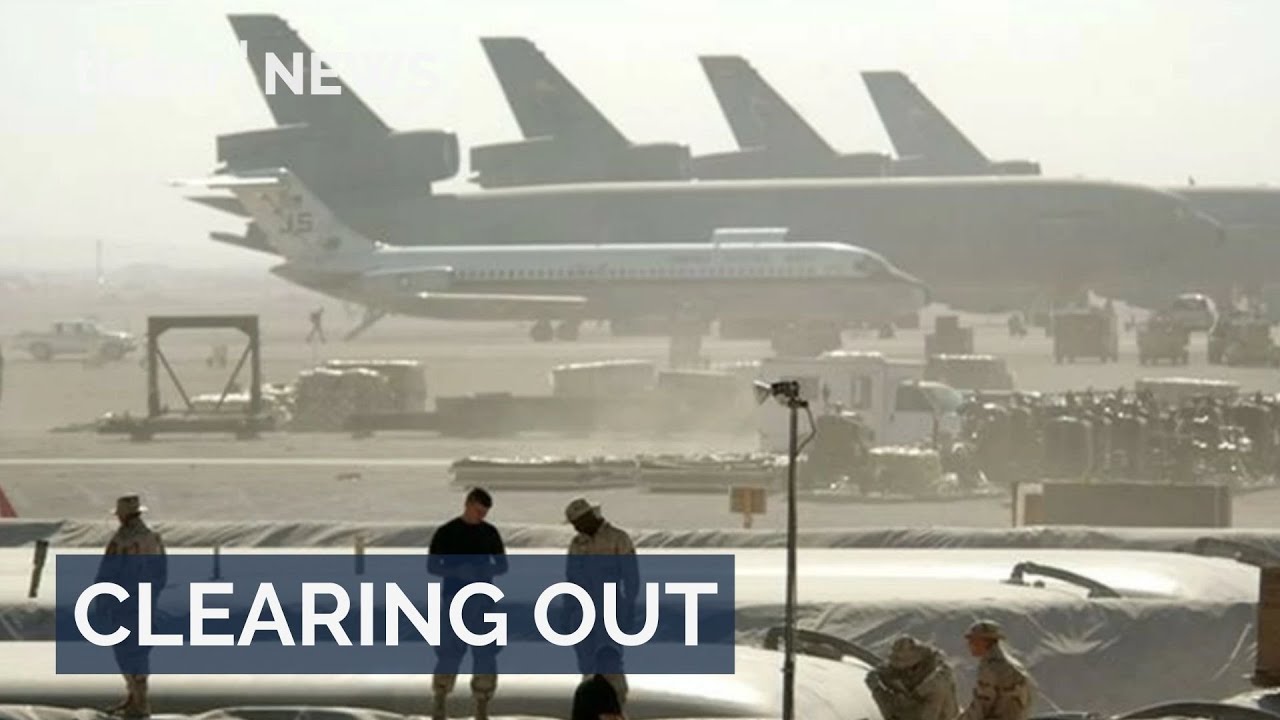These reforms would limit the Supreme Court’s power to make rulings on the parliament in a move critics argue will favour conservative and religious groups
Israel’s parliament ratified the first bill of a judicial overhaul sought by Prime Minister Benjamin Netanyahu on Monday, following the collapse of last-minute compromise efforts to ease a constitutional crisis that had gripped the country for months.
The approved amendment limits the Supreme Court’s powers to void some government decisions if it deems them “unreasonable,” passing with a 64-to-0 vote after opposition lawmakers abandoned the session in protest, exclaiming “For shame!”
The day’s demonstrations began with police forcibly removing protesters who had chained themselves to posts and blocked roads outside the parliament. By evening, thousands had taken to the streets across the country, blocking highways and clashing with police, leading to the arrest of at least 19 people.
Justice Minister Yariv Levin, a key figure behind the legislative package, portrayed the vote as a “first step” towards creating a more balanced system of government. The broader judicial changes, announced by the government in January after being sworn in, were presented as necessary to address the Supreme Court’s perceived political interventionism and overreach.
However, critics voiced concerns that the amendments would weaken checks on executive authority and potentially lead to abuses of power. The proposed changes sparked months of unprecedented nationwide protests and raised international apprehension about Israel’s democratic integrity.
In response to the vote, a political watchdog group and the centrist opposition leader announced their intention to challenge the law in the Supreme Court.
Prime Minister Netanyahu, addressing the nation on television as protests continued, expressed his willingness to engage in dialogue with the opposition to reach an all-inclusive agreement by the end of November.
“We all agree that Israel must remain a strong democracy, that it must continue protecting individual rights for everyone, that it will not become a state of (Jewish law), that the courts will remain independent,” said Netanyahu.
U.S. President Joe Biden warned Netanyahu that such drastic changes should be only enacted with broad support, or else risk instability in the country.
The crisis deeply divided Israeli society and even affected the military, with protest leaders warning that thousands of volunteer reservists would not report for duty if the government proceeded with its plans. Former military leaders also raised concerns that Israel’s war-readiness could be compromised.
Protests in Jerusalem saw demonstrators blocking highways, being forcefully removed by police using water cannons and other measures. In Tel Aviv, mounted police tried to disperse crowds, while protesters lit small fires on the main highway.
Outside the city, a disturbing incident occurred when a driver rammed into a small crowd blocking a road, resulting in three people being lightly injured. The driver was later arrested by the police.
Internationally, the White House reiterated its call for Israel’s leaders to seek “as broad a consensus as possible” through political dialogue.
The Knesset’s approval had an immediate economic impact, with Tel Aviv’s main share indices tumbling by up to 2.5%, and the shekel sliding 1% against the dollar.
In response to the controversial amendment, opposition leaders pledged to challenge the change, and the head of the Histadrut labour federation threatened to declare a general strike if the government pursued “unilateral” measures.
The situation remains tense as the country grapples with the aftermath of this significant judicial overhaul and its potential implications for Israeli democracy and stability.




 News3 days ago
News3 days ago


 Crypto2 days ago
Crypto2 days ago


 Ticker Views2 days ago
Ticker Views2 days ago


 Money3 days ago
Money3 days ago


 News3 days ago
News3 days ago


 Ticker Views20 hours ago
Ticker Views20 hours ago


 Docos3 days ago
Docos3 days ago


 News4 days ago
News4 days ago





